Seasonal Boat Storage: Your Complete Guide to Off-Season Protection
As the boating season comes to an end, proper storage becomes crucial for protecting your valuable watercraft investment. Whether you’re a first-time boat owner or a seasoned sailor, understanding the right storage solutions can help maintain your vessel’s condition and value. This comprehensive guide will walk you through everything you need to know about seasonal boat storage.
Why Climate-Controlled Storage Matters for Boats
While outdoor storage might seem like a convenient option, climate-controlled storage offers superior protection for your boat. Here’s why:
- Protection from extreme temperature fluctuations
- Prevention of moisture damage and mold growth
- Reduced risk of UV damage to surfaces and upholstery
- Enhanced security features
- Better preservation of electronic components
Preparing Your Boat for Storage
Before storing your boat, follow these essential preparation steps:
1. Thorough Cleaning
Remove all dirt, grime, and saltwater residue to prevent corrosion and deterioration during storage. Pay special attention to:
- Hull and deck surfaces
- Interior cabins and storage areas
- Engine compartments
- Canvas and upholstery
2. Engine Maintenance
Proper engine preparation is crucial for long-term storage:
- Change the oil and oil filters
- Add fuel stabilizer to prevent fuel system issues
- Flush the cooling system
- Lubricate moving parts
3. Battery Care
Protect your boat’s electrical system by:
- Removing batteries and storing them separately
- Using a trickle charger for maintenance charging
- Cleaning terminal connections
Choosing the Right Storage Solution
Public Storage offers various options to accommodate different boat sizes and storage needs:
Indoor Climate-Controlled Units
Perfect for:
- Expensive boats and luxury vessels
- Boats with sensitive electronics
- Long-term storage needs
Drive-Up Storage Units
Ideal for:
- Smaller boats and personal watercraft
- Easy access during the off-season
- Short-term storage solutions
Safety and Security Considerations
When storing your boat, ensure:
- Proper insurance coverage for stored vessels
- Regular check-ups during storage period
- Adequate ventilation in the storage unit
- Secure locks and safety measures
Seasonal Storage Timeline
Follow this timeline for optimal boat storage:
Fall Preparation (September-October)
- Deep cleaning and maintenance
- Engine winterization
- Storage unit selection and booking
Winter Storage (November-February)
- Monthly check-ups
- Battery maintenance
- Climate monitoring
Spring Recommissioning (March-April)
- De-winterization procedures
- System checks
- Pre-season maintenance
Cost Considerations and Value Protection
While professional storage may seem like an added expense, consider these long-term benefits:
- Prevention of costly repairs from weather damage
- Maintained resale value
- Reduced maintenance costs
- Peace of mind during off-season
Conclusion
Proper boat storage is an investment in your vessel’s longevity and performance. With Public Storage’s climate-controlled units and security features, you can rest assured that your boat is protected during the off-season. Remember to follow proper preparation procedures and maintain regular check-ups to ensure your boat remains in prime condition for the next boating season.
Visit your local Public Storage facility to explore boat storage options and speak with our storage experts about the best solution for your specific needs.




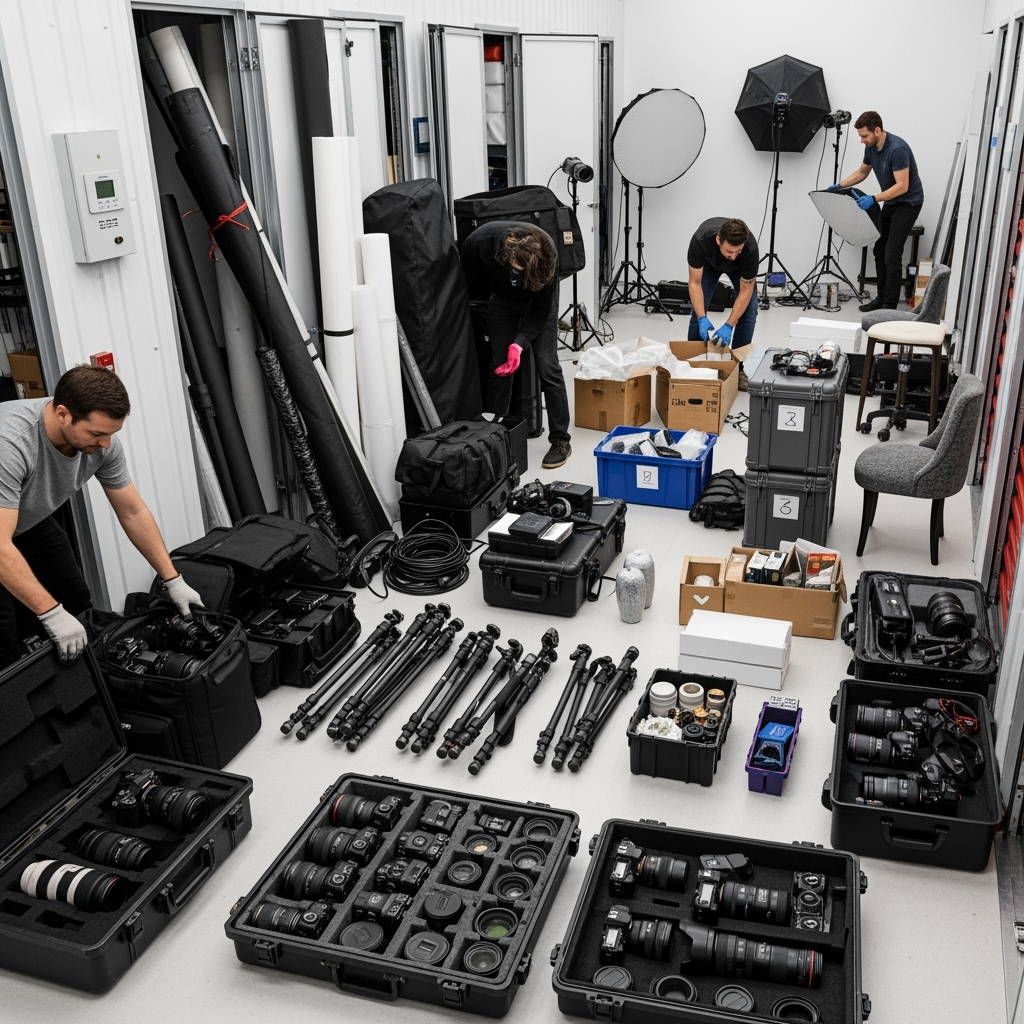
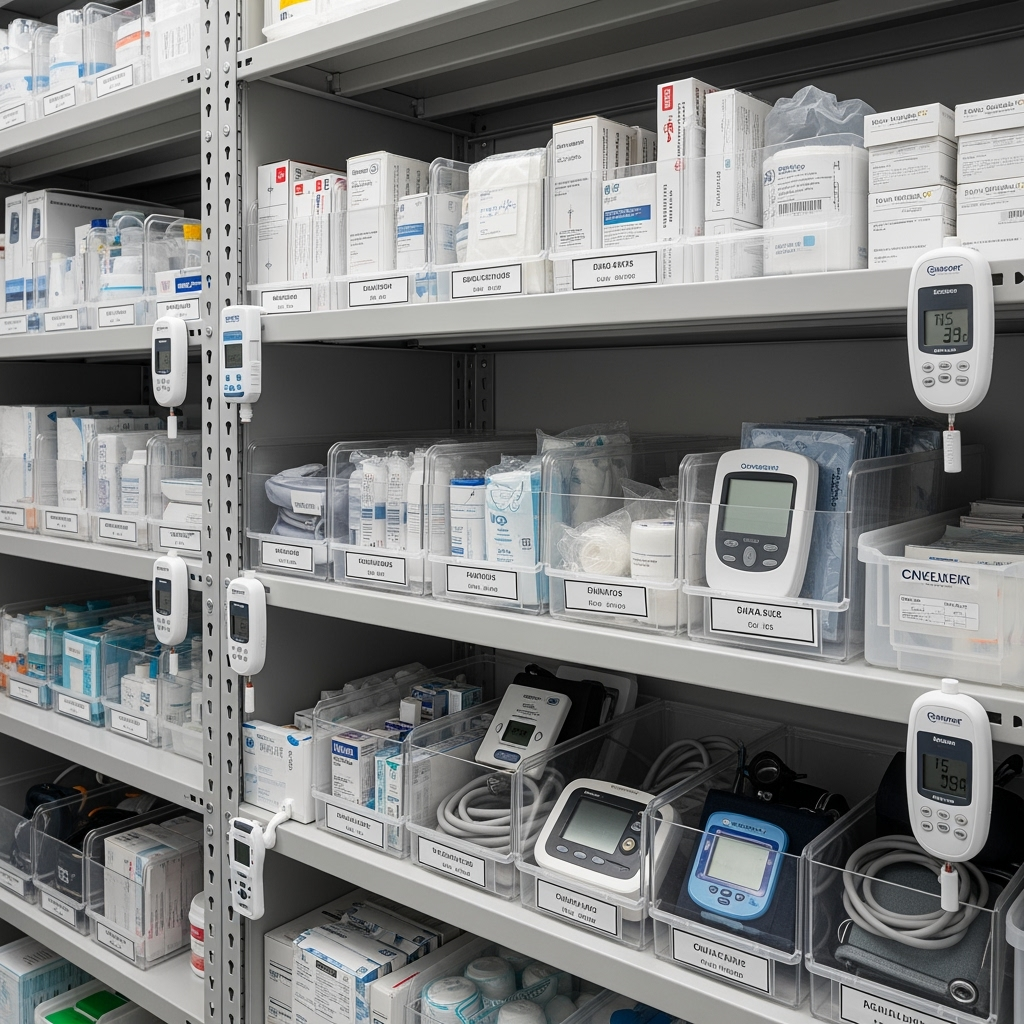
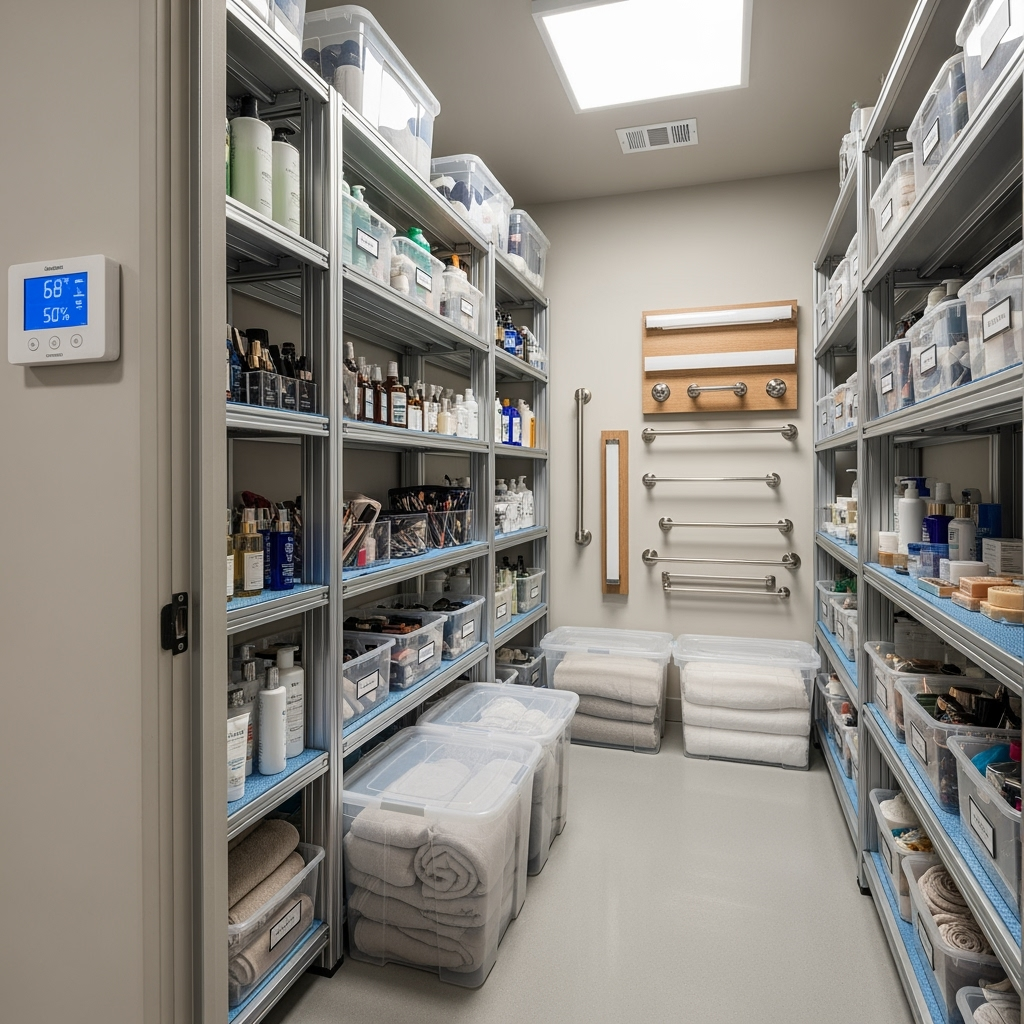
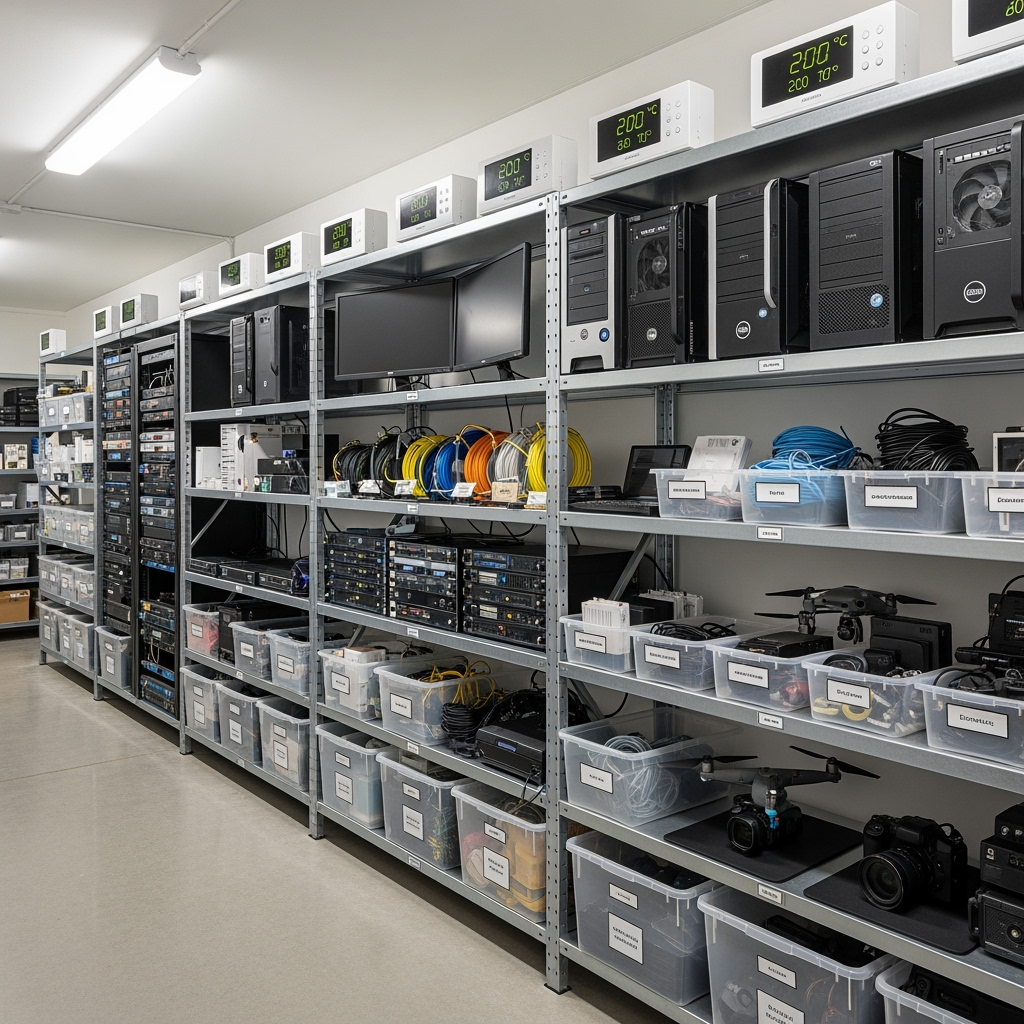

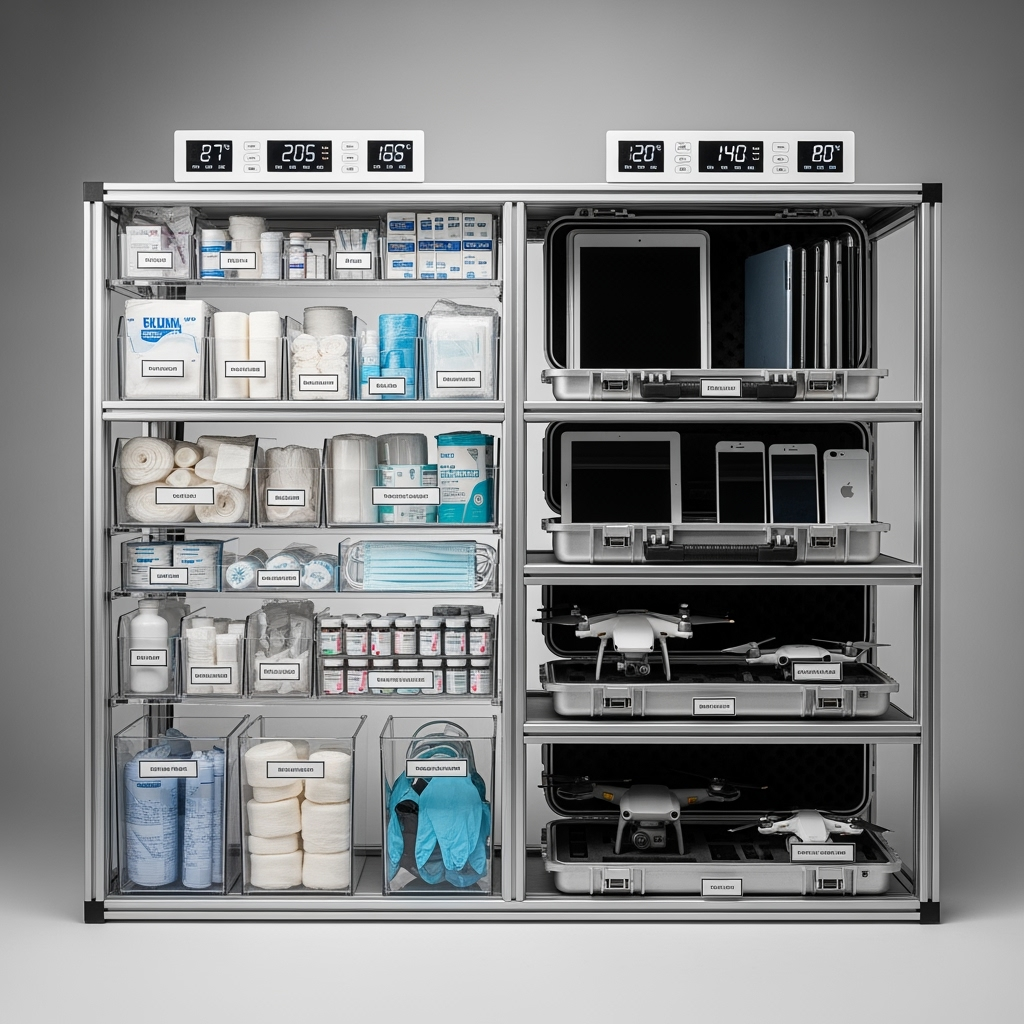
Leave a Reply